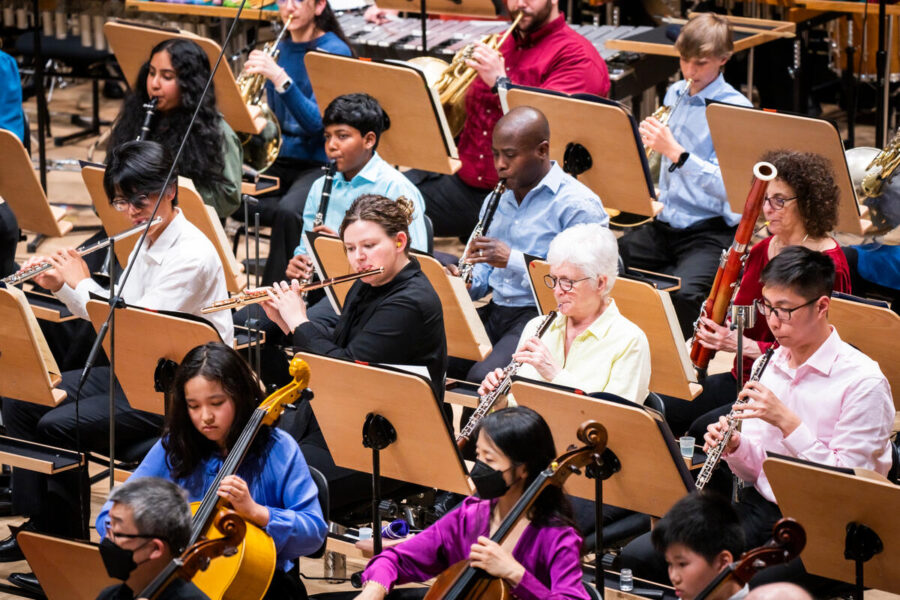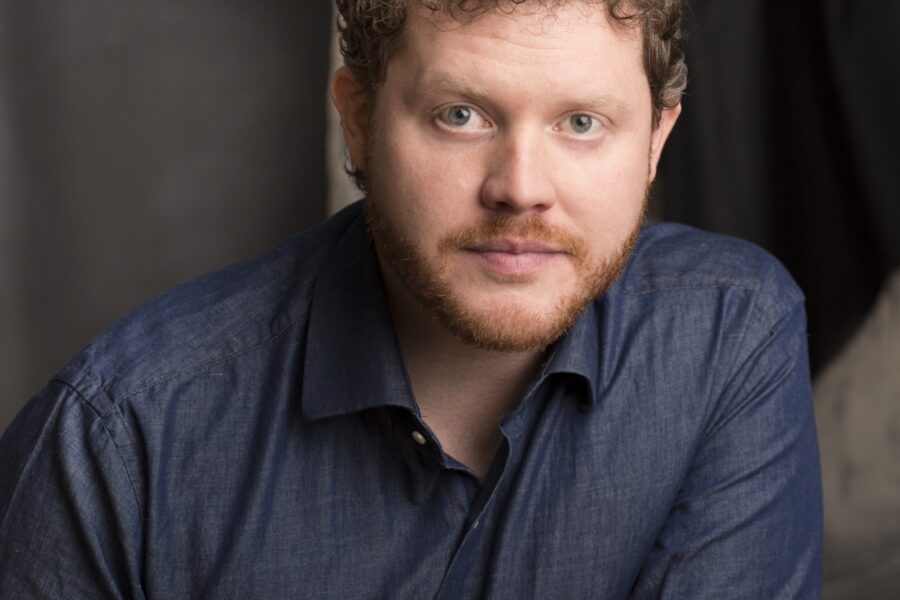
written by Michael Cyrs
The results of a teacher and student coming together have no constant. There may be anything from an exchange of words to complete silence for a sixty-minute lesson. There may be an endless dialogue about what notes go where, how to play this section without screwing up the next, or simply an explanation of what G# major feels like for the player. Eastern traditions stick mainly to imitation, a “do as I do, not as I say” idea rather than spoken lessons. In the Western exchange, learning often comes by solitary repetition as opposed to dialogue; sometimes creating a space where improvisation is never an option.
Such rigidity is hardly the case when teacher Greg Beyer and student (now full-blown working artist) Alexis C. Lamb get together. “I feel like there’s a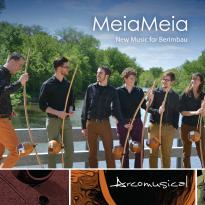 real disconnect in our education system in learning music by rote,” says Lamb about the process. At the end of an Arcomusical performance, the audience is encouraged to come up and play the berimbau, the instrument of focus and inspiration on last year’s wonderfully ornate MeiaMeia: New Music for Berimbau released by ACF’s recording label innova. With this free associated educational component involved, there’s seemingly no limit to what the bowed instrument can accomplish.
real disconnect in our education system in learning music by rote,” says Lamb about the process. At the end of an Arcomusical performance, the audience is encouraged to come up and play the berimbau, the instrument of focus and inspiration on last year’s wonderfully ornate MeiaMeia: New Music for Berimbau released by ACF’s recording label innova. With this free associated educational component involved, there’s seemingly no limit to what the bowed instrument can accomplish.
It’s a playful exchange that Beyer and Lamb have. Even the physical build of the berimbau has been reformed. Luthier David White custom-made the instruments heard on the record, allowing simple transformations that make a huge difference. Where once the gourd of the berimbau was held strictly towards the bottom of its one string, the ones heard on MeiaMeia can be moved up and down the neck; thus creating a wellspring of alternate uses.
All that can be compared to the fluidity granted to the berimbau is its deeply rooted history. Traditionally, the tones it creates are the musical accompaniment to capoeira, a traditional Brazilian dance. Representing everything from 19th century Brazilian slavery to modern art, capoeira is a sport, a musical tradition, and a martial art wrapped into a neat package. The movements of the game come largely from the berimbau, operating in common time signature.
That being said, even the traditional pulse of the berimbau is eschewed from the very first moment on MeiaMeia. Composed by Beyer and nicely titled “Home-ing”, the piece introduces the sound of the record in triplets that sound like more of a folk music tradition than a nod to Latin American rhythms. Both of these elements are fair game for Arcomusical, and the opening track is hardly the only moment where multiple traditions are employed. In Beyer’s own words: “Nothing on the album is directly from the tradition, but everything we do is informed by the tradition.”
Most compelling on MeiaMeia is the simultaneous embrace of melody and percussion. Beyer and Lamb traded composing on every other track. Beyer’s pieces are traditionally labeled as solo through sextet, while Lamb’s focus on jazzy, almost pop-like passages. Hearing the back and forth between them keeps the record at an engaging pulse. Fans of the complex polyrhythm of Dawn of Midi or the layering of Steve Reich, be not afraid.
Incidentally, Reich was influential to Beyer’s compositions from day one. “When I heard ‘Electric Counterpoint,’ I was like, ‘I can so hear the berimbau in this.’” Indeed, the way that Beyer plays counterpoint melodies across the staff bears a resemblance to Bach, however reinvented to fulfill a more modern set of tools and recording techniques. As Reich has done for the guitar, so has Beyer for the berimbau. What was once considered as a fairly conservative style of playing has had its lid popped, thus allowing the berimbau’s full potential to escape. “It’s really not a berimbau anymore, is it?” conjectures Beyer. The album title includes the word “new,” which is an important element to keep in mind for Arcomusical. “No one else is really setting out to create a contemporary music repertoire for berimbau.” The project looks forward and backward in a way that’s not only heard but felt as its songs unfold.
Occasionally, it can be difficult to discern which moments on MeiaMeia were meant to be meditative and which were meant to be more conservative. Posing this question adds quite a bit of depth to analysis of the record. This is an inexhaustible element of the songs, so let’s instead rely on what Beyer has to say: “We’ve definitely had some improv moments that have turned into compositions. But I say most of the composing comes from just us coming together.” The “us” refers to the Beyer/Lamb team, who performed a litany of external commissions for the berimbau, some quality and some disappointing, in some of Lamb’s undergraduate study at Northern Illinois University. Eventually, they decided that they may as well compose for themselves, the process of which varies in exciting ways: sometimes they preemptively notate the music in the western tradition, sometimes they play a lot and say a little, and sometimes they just jam. Who’s to say which of these composition styles were employed for something as engrossing as Lamb’s “Mundança de onda” where berimbau voices both impressionistic and well-rehearsed play off each other? By the time its five and a half minutes have rolled by, you’ll be left gleefully scratching your head about what you’ve just experienced.
“We set ourselves up for a challenge… The sextet became the goal, and we worked up to it,” says Beyer of finishing the project. From the Indian sounds on the quintet “Solkattu” to the beautiful album cap of “Um só,” there’s a force at play both educational and engrossing. Not even the peaceful images of the Kishwaukee River (as seen on the album’s cover) were a pre-requisite for MeiaMeia. Though the river houses a spot where Beyer would sometimes bring his trusty musical bow, the core of the group, whether it takes you on a meditative journey or simply teaches you a little more about Brazilian music, is rooted in collaboration: “I will say that the energy of the band is really exciting right now. Because we play everything together, our chamber music skills have really come together. We’ve already got easily enough material for another record.” Indeed, such propulsion in creative output is hard to find in Beyer’s sector of experimental music. Fortunately for each of the genres and locales at play on MeiaMeia, we’ve got a wonderful artifact of the staying power of modern composition.
Related Posts



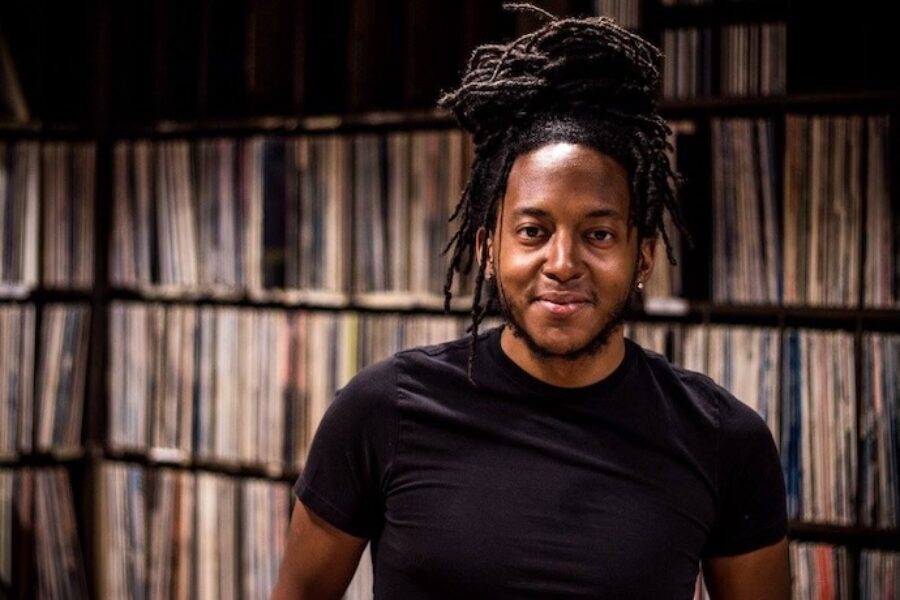




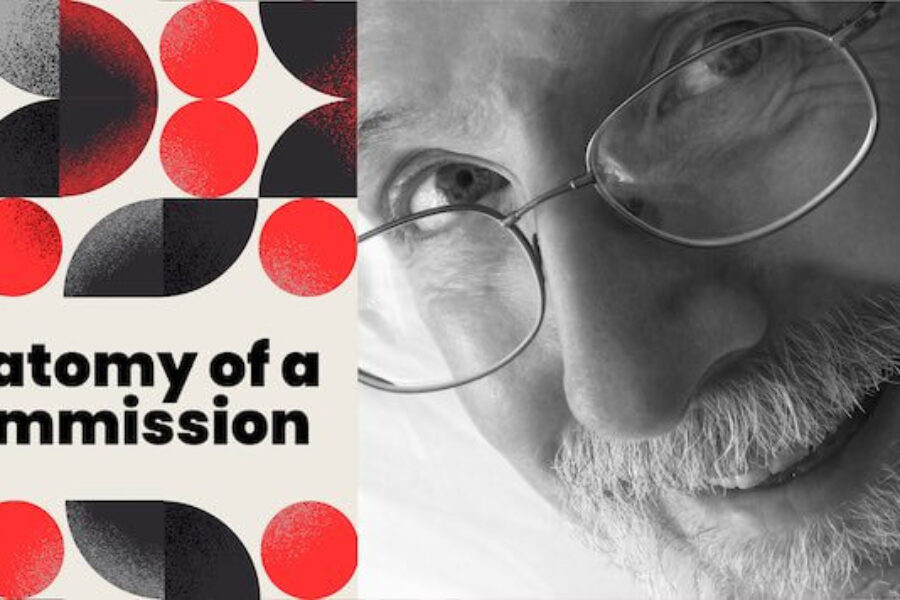
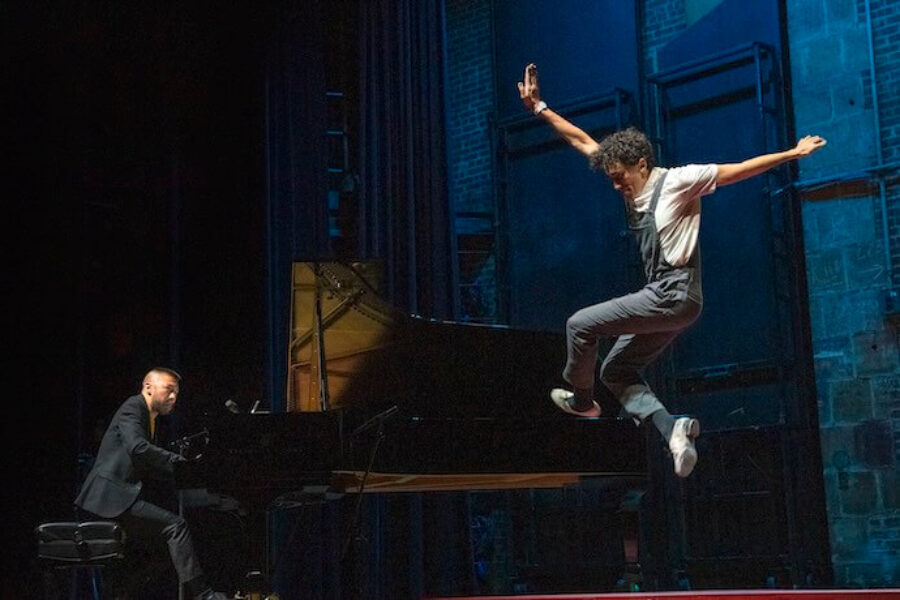


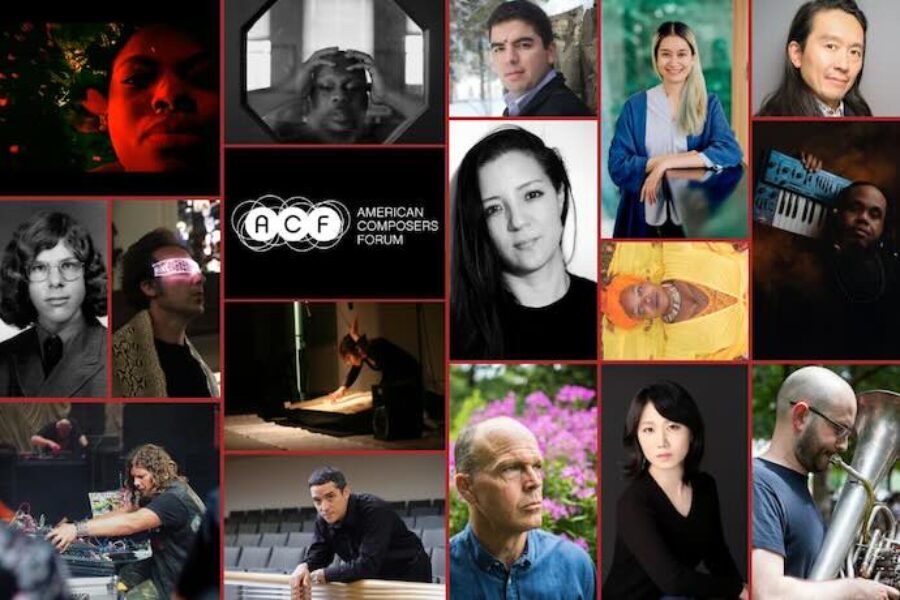

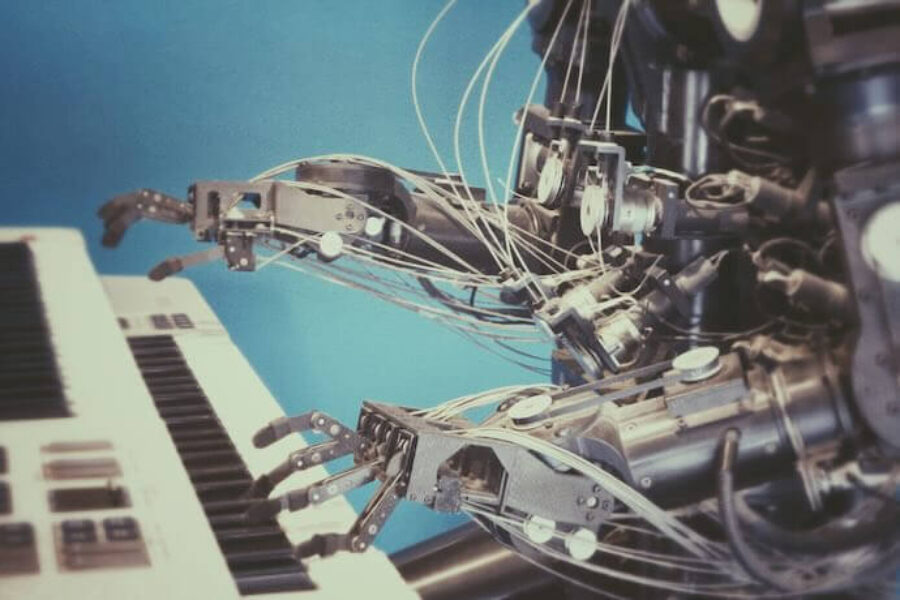
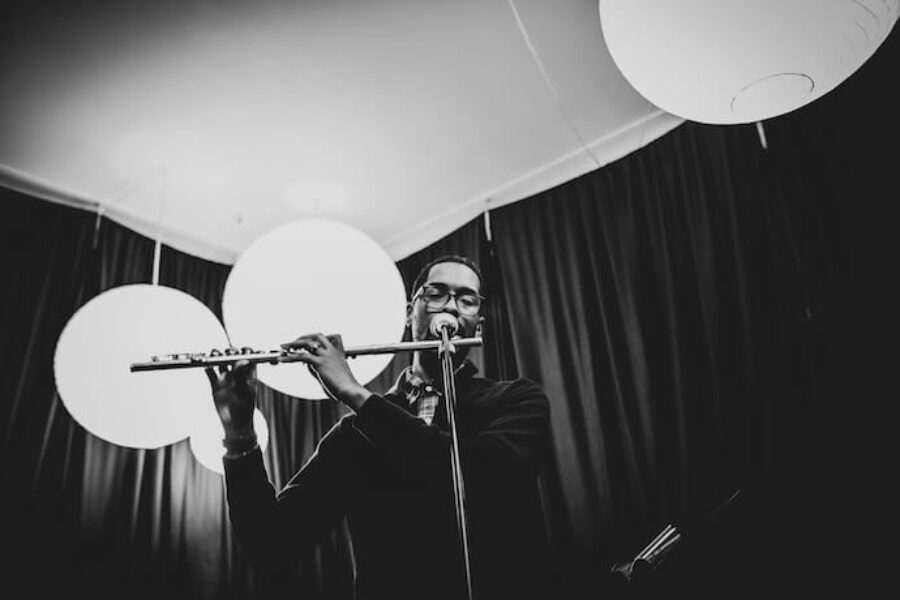
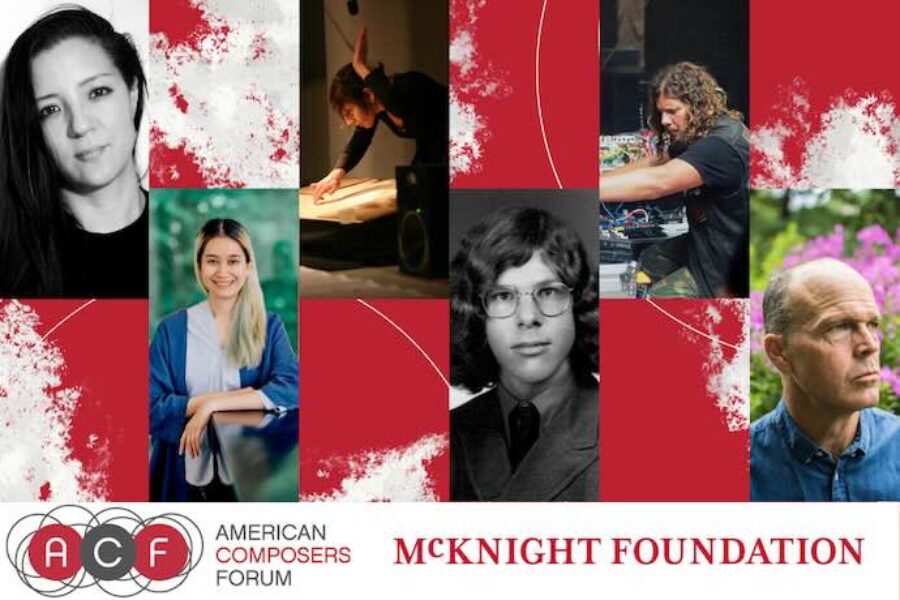

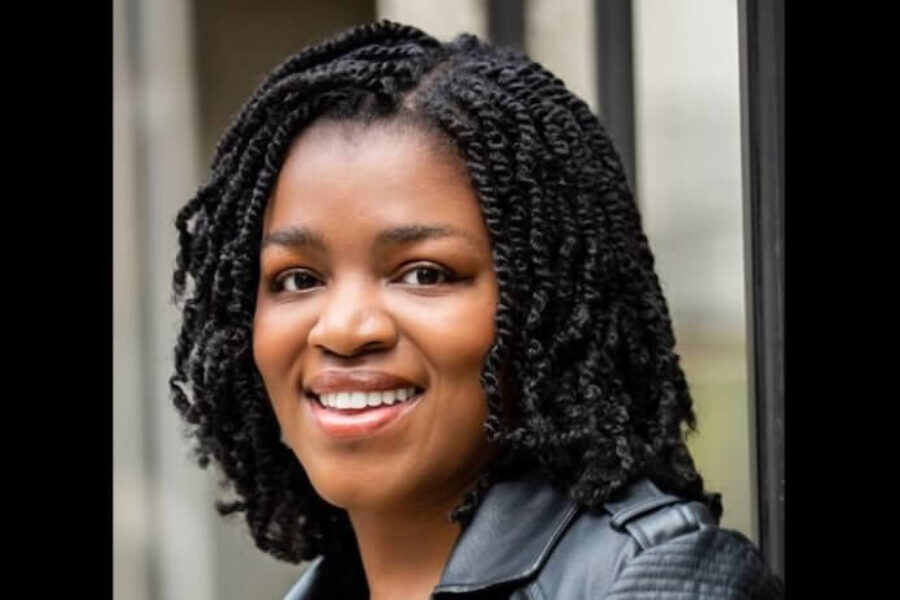

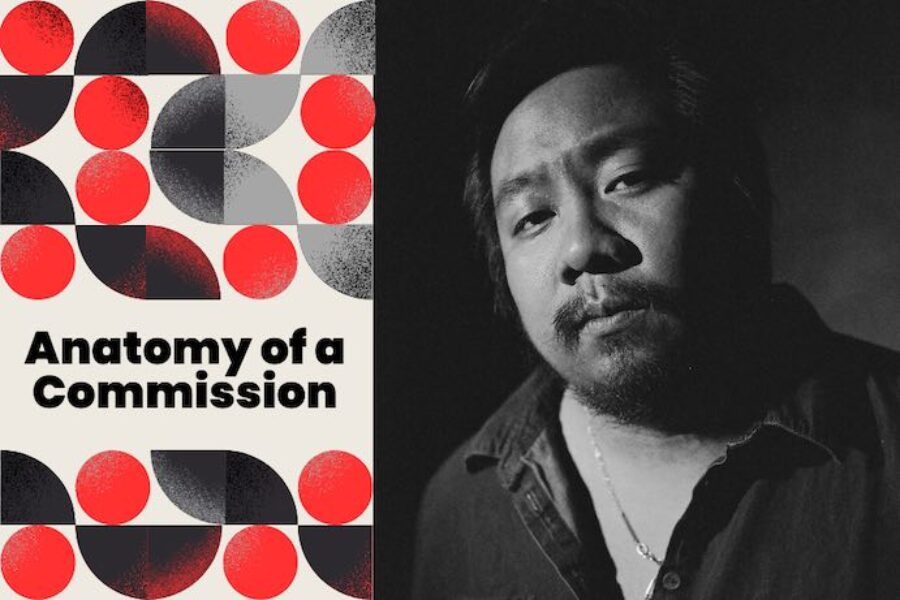
Anatomy of a Commission: Rethinking Composer-Ensemble Commissions from a Visual Artist Perspective
